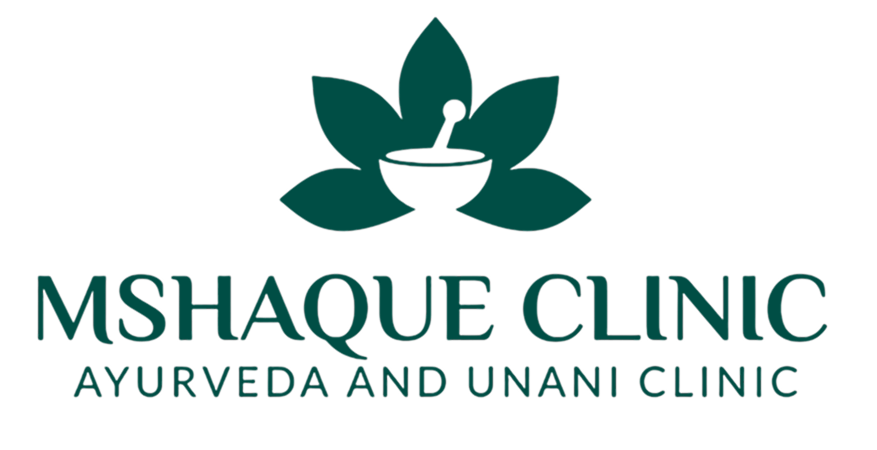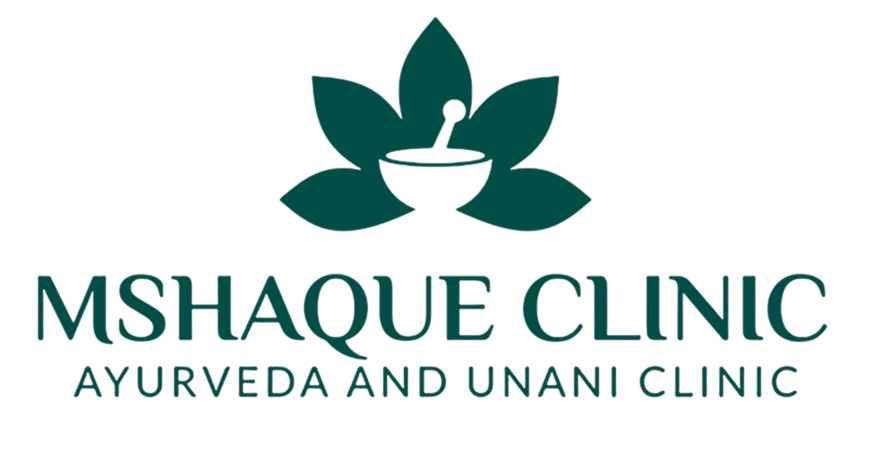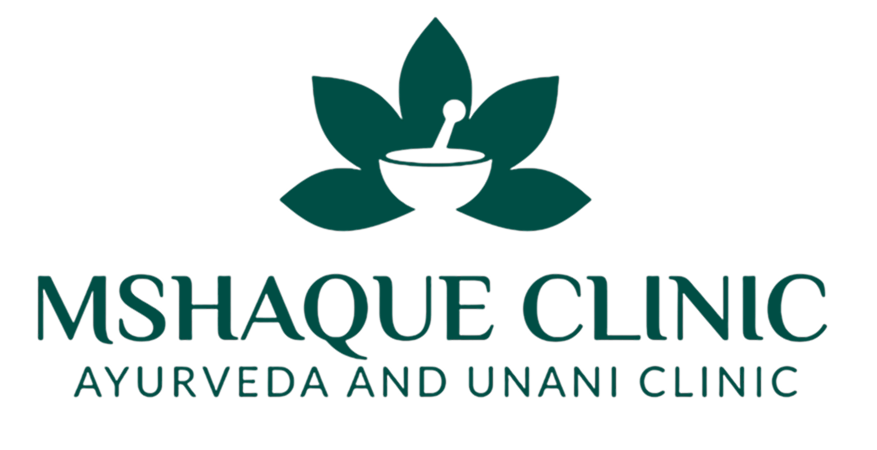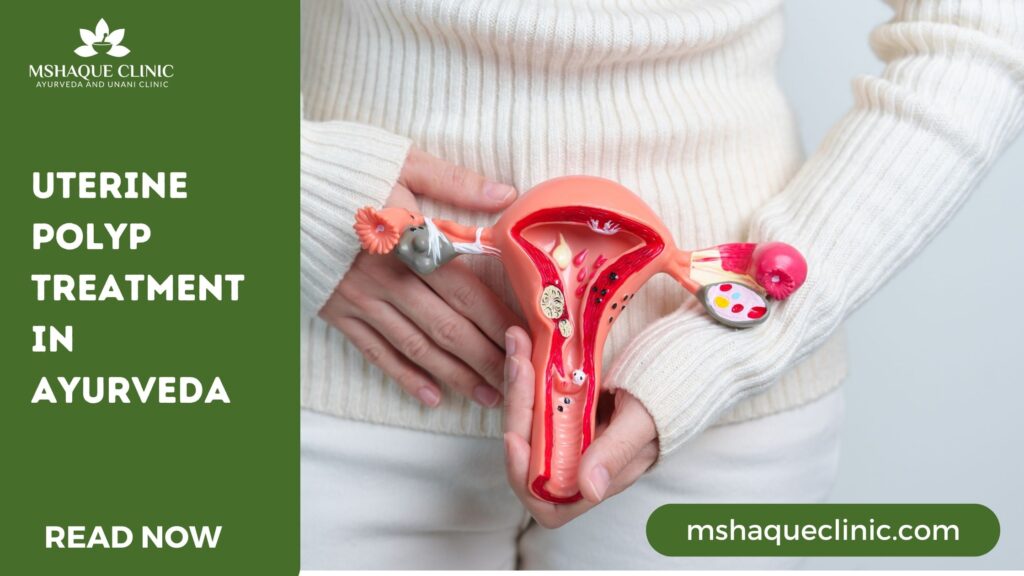Uterine Polyp Treatment In Ayurveda: Non-cancerous growths that adhere to the uterine wall and have the potential to enlarge the uterus over time are known as uterine polyps. Uterine polyps are caused by an expansion of the endometrial cells that line the uterus. As a result, another name for them is endometrial polyps. Although they are usually gentle, they can develop into cancerous or malignant growths that spread to the reproductive system. Precancerous polyps are the term used for them. This blog is all about uterine polyp treatment in Ayurveda.
Uterine Polyp Treatment In Ayurveda: Understanding Uterine Polyps Before Knowing Their Treatment
The size of uterine polyps can vary from just a few millimeters, about equivalent to the size of a seed of sesame, to several centimeters, roughly equivalent to half of a golf ball. Furthermore, these polyps have a broad base or a slender stalk that connects to the uterine wall. It is possible to find many uterine polyps at once, and they often remain in the uterine area. Well, there are times when they can cross the cervix as well as enter the vagina.
This illness frequently affects women whose menopause has ended. Because uterine polyps are estrogen-sensitive, one of the main factors contributing to their proliferation is the existence of estrogen.
This chronic disease comes with a certain level of complication. Among them, infertility constitutes one of the main issues. In some situations, excision of the uterine polyps may be the cure, yet the evidence is conflicting.
One tool that can aid in uterine polyp treatment in Ayurveda is a vaginal ultrasound. In addition to the removal, hysteroscopy, dilatation, as well as curettage can be carried out.
Uterine polyp symptoms and signs include vaginal bleeding following menopause.
- Heavy menstruation
- bleeding in between periods
- irregular menstruation
- infertility;
Obesity, hormone therapy, perimenopause or postmenopause, and other conditions might operate as indicators of risk for the uterine polyp that may be emerging or underlying. Let’s get a brief about uterus polyps treatment in Ayurveda in Hindi.
Our Other Articles :
Ayurvedic Medicine For Ankylosing Spondylitis- All You Need To Know
Ayurvedic Medicine For Bad Breath- All You Need To Know
Home Remedies For Urine Infection In Ayurveda- All You Need To Know
Ashwagandha For Nightfall- All You Need To Know
Ayurvedic Medicine For Worms In Anus- All You Need To Know
Uterine Polyp Treatment In Ayurveda: Existence of uterine polyp treatment in Ayurveda
The uterine polyp is shown in Ayurveda by Raktayoni from Yonivyapat. Yonivyapat comprises 20 distinct categories of illnesses, including reproductive system problems. There is a correlation between Raktayoni and the uterine polyp. As the name implies, Yoni means vagina, and Rakta means blood. In summary, the cause is excessive vaginal bleeding.
Uterine polyps, which show a preponderance of blood tissue, are said to be caused by either active or passive blood congestion in the uterine veins, according to Ayurveda.
The thick and velvety grading of Kapha dosha regulates the development of polyps upon the lining of the uterus. The flowy nature of the pita might disturb the stability quality, causing endometrial polyps to expand and become inflamed. As a result, when all of them combine to block the Vata dosha’s regular course, nutrients do not get to the intended areas which causes malnourishment of the reproductive tissues.
Raktayoni is possible by overeating dry food, eating unhealthily, drinking too much alcohol, experiencing indigestion, engaging in excessive sexual activity, experiencing too much physical strain, etc.
Furthermore, psychological weariness from tension, anxiety, and genital trauma can also cause this illness. Treatments for Ayurvedic problems, such as uterine polyp treatment in Ayurveda, are thought to be helpful in managing reproductive system issues.
Treatment should be administered appropriately and conveniently based on the dosha predominance. In order to get long-lasting results, the standard therapy for uterine polyps includes Nidana Parivarjana (avoidance of causative cause), Sodhana (purification), Shamana (pacifying), castor oil for uterine polyps, and Rasayana treatments.
Moreover, if you are looking for how to remove endometrial polyps naturally Uttara Basti is said to be among the most effective and suitable treatments. It restores Vata dosha equilibrium, which also relieves Pitta and Kapha dosha.
Uterine Polyp Treatment In Ayurveda: Approach to uterine polyp treatment in Ayurveda
Mshaque has pioneered evidence-based, multi-award-winning precision Ayurvedic methods for treating uterine polyps. Our doctors, Dr. M. S. Haque and Dr. A. Perwaiz follow the basic principles of Ayurveda and thoroughly evaluate each patient’s major symptoms and health issues in order to identify the underlying causes. These causes are related to your nutrition, unique constitution, lifestyle, job schedule, and hereditary predisposition. They will suggest the best yoga for endometrial polyp.
Professionals at Mshaque Clinic determine the best Ayurvedic chinese herbs for uterine polyps treatment plans based on the evaluation in order to break the etiopathogenesis or Samprapti Vikhatan. This involves taking into account your constitution (Prakriti), risk factors, the prognosis of the disease, how to shrink uterine polyps, and the degree of disease development.
You can return to your most contented and rejuvenating state of being with our comprehensive person-centered approach. In order to assist you in managing uterine polyps, our rehabilitation professional doctors, Dr. M. S Haque and Dr. A. Perwaiz will also provide you with advice on diet for uterine polyps, and lifestyle modifications for weight loss after uterine polyp removal.
The Mshaque approach is centered around patient centricity, and we have gained widespread recognition for our innovative methodology. We are awarded the National Awards for Best Ayurvedic Centre of the Year Ministry of Trade and Industry. We also obtained the greatest industry-wide customer satisfaction rating from our patients. If you have any doubts reach out to our experts.
FAQs
How can I shrink my uterine polyps naturally?
Ayurvedic herbs can help reduce uterine polyps, or they can shrink on their own. But in order to completely eradicate uterine polyps, surgery may be required. Acupuncture and herbal therapy are examples of natural therapies that can hasten recovery after surgery and encourage healing.
What shrinks uterine polyps?
If you don’t have any symptoms and don’t have any other risk factors, polyps in premenopausal women usually go away by themselves and might not need to be treated further. Uterine polyps may require removal if they are precancerous.
How can uterine polyps be cured?
Uterine polyps may spontaneously disappear under certain situations. The Ayurvedic approach is a major approach to cure the uterine polyps.
What is the medicine for uterine polyps?
Progestins, as well as gonadotropin-releasing hormone agonists, are examples of hormonal drugs that can reduce symptoms and decrease uterine polyps. Usually, medication is only a temporary fix; once individuals stop taking the medications, their symptoms frequently return.




